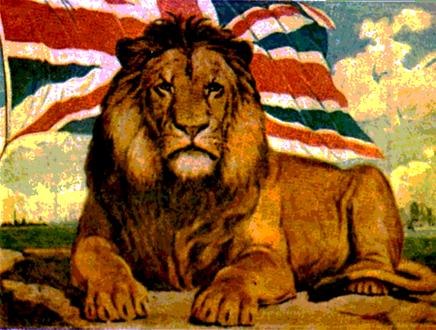RECOVERY OF AMERICAN ‘KNOW-HOW’
What is the fastest or most certain route to recovery of our cultural self-confidence? How can we recover the supreme technical competence that came with it- what our forebears called “American Know-How”?
The first step must be soberly assessing where we are now, and how we got here.
Getting Off Track
To begin with, “Know-How” itself was always on a wobbly foundation. During the fifties, when it was one of the great buzzwords of the age, its acolytes assumed the permanence of impermanent things. They took our freedom and our questing, inventive spirit for granted, forgetting that they could thrive only in certain cultural environments. Our technical mastery could grow only in certain philosophical and religious soil.
We can see something of the “Know-How” idea in the early work of Syd Mead. He was a popular commercial artist in the early sixties. His work featured sports cars, private planes, sleek attractive women, and colonization of other planets.
Mead’s vision assumed the permanence of certain beliefs and practices that have since waned. Marriage and the nuclear family will continue to be society’s social glue. Our economic life will revolve around free markets. Our governments will prioritize their core functions, defense and law enforcement, so we’ll be safe. The Judeo-Christian ethic will be our dominant social value. We’ll continue exploring, so energy will be cheap and abundant. The sciences will be solidly founded on experimentation, and will not be corrupted by politics. Our children will be well-schooled, and well able to think and reason.
By the late sixties, the notion of American Know-How was hopelessly outdated. Demons that had long lurked in the recesses of the American psyche came out into the open. Student radicals taking over our streets insisted that America was hopelessly despotic and corrupt, and the system should fall. New theories of jurisprudence led to skyrocketing crime rates. We lost the war in Vietnam. The Apollo Space Program fizzled out. We suffered repeated energy crises. The seventies saw ‘stagflation’- monetary inflation with low or negative economic growth- which we’d been told couldn’t happen.
Finding Our Way Back
The Reagan Era brought partial recovery, but it was slow and incomplete. The Trump Presidency offers a robust reassertion of America’s cultural self-confidence. His personal failings, though, threaten to derail his most promising projects.
At any rate, there is only so much we can achieve through politics. Full recovery of “Know-How” requires attention to matters of spirit. It requires attention to our ancient ethical system. It requires reconsidering how we educate children. It requires reform of news and entertainment media.
Above all else, recovery requires reaffirmation of ancient creeds. We have to study again the ideas, hundreds or thousands of years old, that made the American Republic possible.
If we address only the obvious symptoms of our current cultural crisis, we will soon backslide into our previous funk. Recovery will be stalled. Dysfunction will once again become our national norm.
Next- and Last in the Series: Driving in Neutral
(To find the best internet connection for you, talk to us. We can help.)




